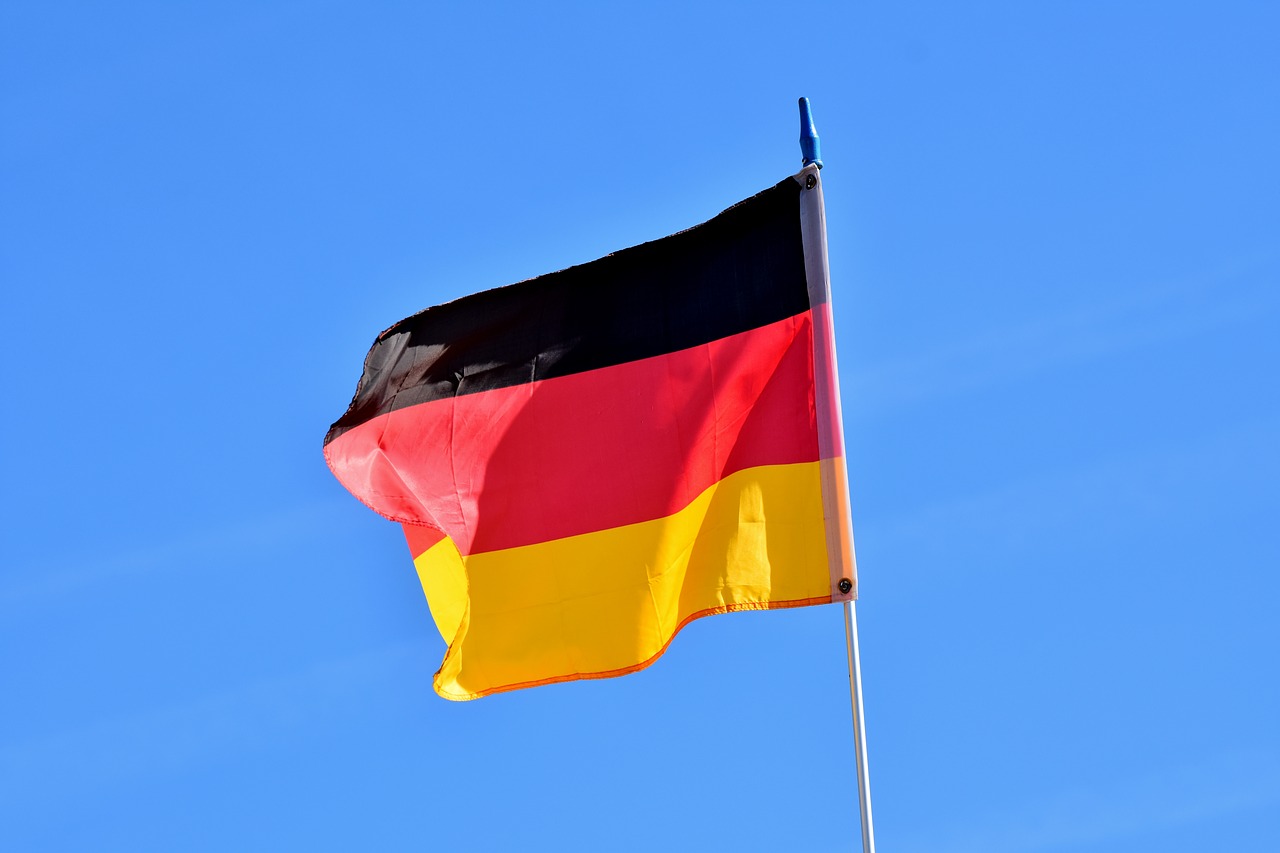 German factory orders fell unexpectedly signaling that the recession that made the economic growth to hit its lowest level since 2013 is far from over.
German factory orders fell unexpectedly signaling that the recession that made the economic growth to hit its lowest level since 2013 is far from over.
According to data released by the German Economy Ministry, manufacturing orders fell by 0.5 percent in the third quarter of 2019. In December, they fell by 2.1 going against the analysts’s expectations, which foresaw a 0.6 percent advance.
The ministry attributed this to major movements in the demand for large transport equipment, which accounts for about one-third of the drop in demand at the end of last year.
“Overall, the outlook for the industrial economy remains subdued,” explained the ministry.
The prospects for the German economic growth are not the best since the effects of the coronavirus outbreak are expected to cause a contraction in the German output.
On the other hand, IHS Markit’s construction PMI went up to 54.9 in January after being at 53.8 at the end of last year. This data signals a faster expansion of the German construction sector, the fastest in two years, with home building hitting a 10-month high, and new orders growing at its fastest pace since February 2019. The rate of cost inflation reached a six-month high while business optimism remained subdued.
The European Central Bank stated in its latest economic bulletin that its monetary policy measures are causing easier borrowing conditions that facilitate consumer spending and business investment.
“Global economic activity remains moderate, but there are signs of stabilization,” they stated, “But the outlook for global economic activity remains subdued,” they added, highlighting that despite risks to the global outlook are high but less skewed to the downside.
The vice president of the European Central Bank Luis de Guindos said during a conference on Thursday that the current monetary policy accommodation supports lending volumes.
“At the same time, monetary policy accommodation continues to support lending volumes and banks have made significant progress in repairing their balance sheets,” he said, adding that the side effects of monetary policy are being monitored carefully.
By 10:35 GMT the Euro went up by 0.06 percent against the US dollar, hitting the 1.1004 level. It also gained 0.16 percent against the Swiss Franc, at 1.0719, while climbing 0.07 percent against the Japanese Yen, at 120.83.
